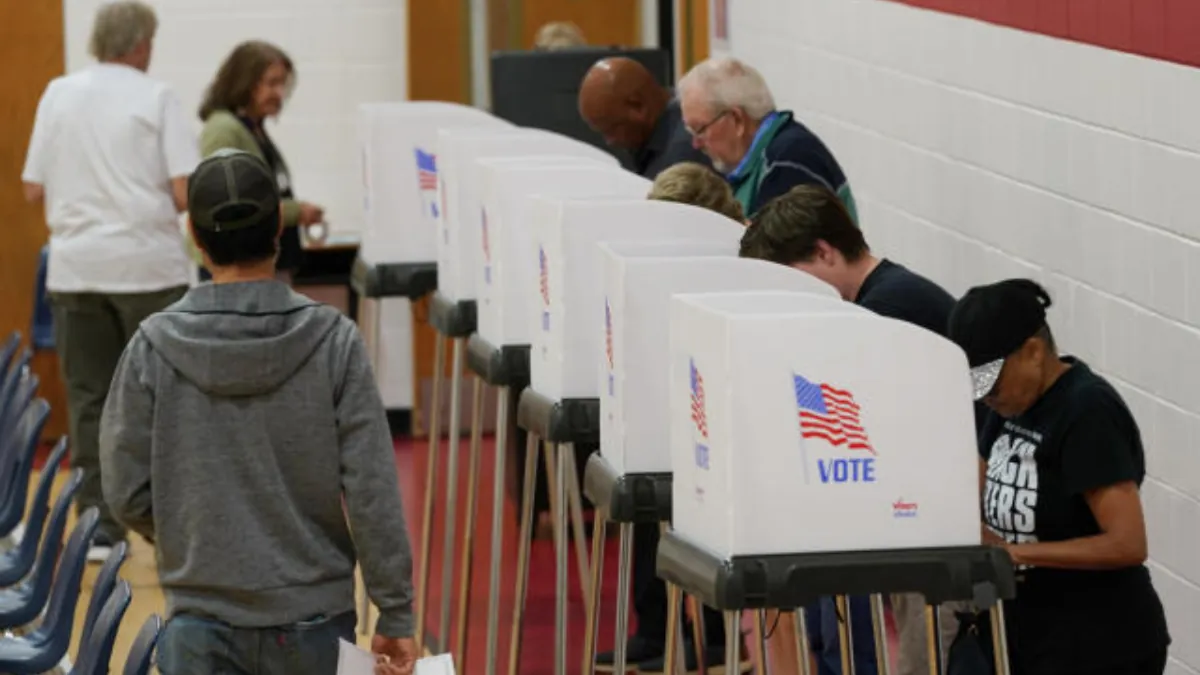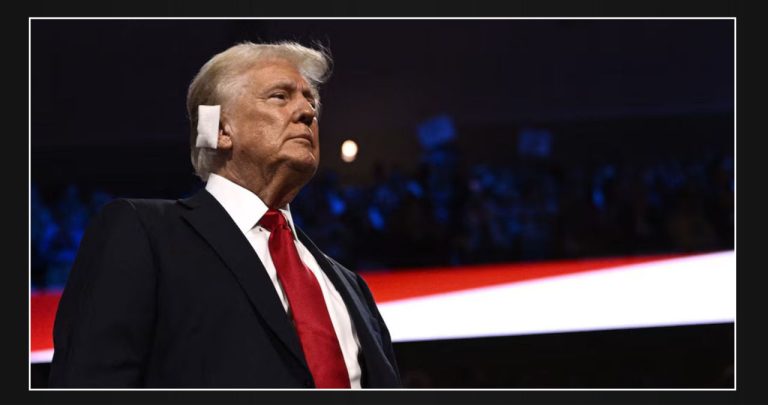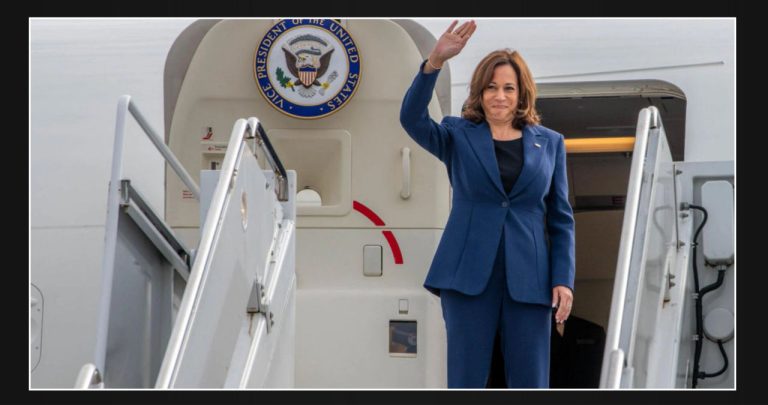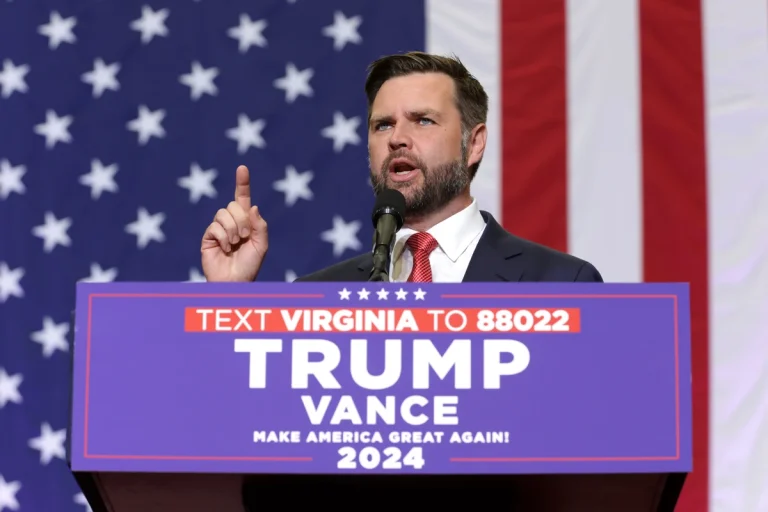On Monday, a ruling was issued by a federal appeals court that has the potential to significantly weaken the Voting Rights Act. The court stated that only the federal government has the authority to file lawsuits under a crucial section of this historic civil rights legislation. Private citizens and civil rights organizations are not permitted to do so.
It is highly probable that the decision made by the 8th Circuit will be appealed and ultimately brought before the Supreme Court. If the decision is upheld, it would signify a significant reduction in the application of the law that played a crucial role in enhancing the political power and representation of minority groups in the United States.
According to the appellate court’s ruling, Section 2 of the law, which prohibits discriminatory voting practices on the basis of race, does not provide a “private right of action.”
Limiting the scope of Section 2 protections would have a significant impact in practice. Although the ruling itself doesn’t alter the protections on paper, private parties, such as civil rights organizations, individual voters, and political parties, have relied on Section 2 challenges for decades. These challenges have been raised regarding a range of issues, from redistricting to voter ID requirements.
The judges stated that the district court had analyzed the Voting Rights Act’s text, history, and structure and reached a conclusion that private parties do not have the authority to enforce Section 2. They further added that the Attorney General of the United States is the only one with the enforcement power.
Judge David Stras, who was appointed by Donald Trump, authored the majority opinion of the three-judge panel in the St. Louis-based 8th Circuit. Judge Raymond Gruender, a George W. Bush appointee, joined the majority opinion. However, Chief Judge Lavenski Smith, another appointee of Bush, dissented from the decision.
Sophia Lin Lakin, director of the ACLU’s Voting Rights Project, expressed concern over the ruling and its potential impact on the Voting Rights Act. She emphasized that the decision could jeopardize critical protections that voters have fought for, and even died for. Lakin had argued the case in front of the appellate court and observed that the ruling was made with a cavalier attitude towards the issue.
In Arkansas, a case regarding racial gerrymandering has resulted in a decision that could have far-reaching implications. The state chapter of the NAACP and other groups claimed that the legislative districts in the state violated the Voting Rights Act by reducing the voting power of Black voters. However, a lower-court judge, who was appointed by Trump, stated earlier this year that he could not rule on the case’s merits since he found that there was no private right of action. In other words, the plaintiffs had no right to bring the lawsuit. On Monday, the circuit court upheld that decision.
The states of Minnesota, Iowa, North Dakota, South Dakota, Nebraska, Missouri, and Arkansas are under the jurisdiction of the 8th Circuit. While other appeals courts have already established a private right of action, the circuit split increases the likelihood of the Supreme Court’s intervention.
Two Supreme Court justices have recently shown a willingness to consider the argument that non-governmental organizations should not play a role in advocating for the enforcement of the Voting Rights Act.
Justice Neil Gorsuch wrote a concurring opinion in 2021, which stated that the court was not ruling on the existence of a private right, despite the ruling making it more challenging to succeed on Section 2 claims.
When Justice Neil Gorsuch wrote that the Voting Rights Act of 1965 provides the right to challenge voting practices that discriminate against minorities, he acknowledged that this assertion was made without a definitive ruling. In fact, lower courts have regarded this as an unsettled matter. Justice Clarence Thomas agreed with Gorsuch’s stance when he expressed it.
Preventing private challenges under the Voting Rights Act would be a significant departure from legal practice that has been in place for decades. Section 2 challenges have been successfully brought by outside groups and they have been litigating alleged violations of the law more frequently than the federal government.
According to Lakin, there is a significant difference in the enforcement of these rights, which can be measured in orders of magnitude. Arkansas Attorney General Tim Griffin, a Republican, expressed his approval of the ruling in a statement.
According to him, political activists have been filing baseless lawsuits to gain control over how states conduct elections and redistricting for an extended period. He believes that such actions have been permitted by courts throughout the country for too long. The recent ruling reinforces the idea that politically accountable officials should oversee the enforcement of the Voting Rights Act and not outside special interest groups.
Private organizations have been the primary instigators of lawsuits challenging Section 2, although the Department of Justice has the authority to do so, and has been doing so more frequently under the current administration of President Joe Biden.
According to UCLA Law School’s distinguished election law authority, Rick Hasen, allowing this decision to persist would have a significant and negative impact. “It’s challenging to emphasize enough how crucial and damaging this ruling would be,” he stated on Monday. Hasen went on to say that if minority voters are going to maintain their ability to elect representatives of their choice, they will require the assistance of private attorneys to launch such lawsuits.
In a recent development, a group of civil rights groups and individual voters had argued that Alabama’s congressional maps were in violation of the Voting Rights Act. The Supreme Court agreed with their argument and ordered the creation of an additional majority-Black district for the next year. However, Justice Thomas, in his dissent, highlighted that the court had not addressed the issue of private right of action.
In recent times, other federal courts have also evaluated the argument that Section 2 of the Voting Rights Act lacks a private right of action, and they have all dismissed the argument. A decision made by the 5th Circuit this month regarding Louisiana’s congressional lines acknowledged that there hasn’t been a frequent need to analyze the issue of a private right of action in circuit courts.
According to the court’s ruling, the Supreme Court has acknowledged the capability of private parties to initiate lawsuits, and several circuits have confirmed the explicit existence of this right. The judges of the 5th Circuit unanimously concluded that such a private right does indeed exist.
After Monday’s ruling, the next course of action remains uncertain. However, legal experts anticipate that the case will eventually land in front of the Supreme Court. There are two possible scenarios – the Supreme Court may hear the appeal directly or the 8th Circuit could first weigh in on the case. According to Lakin, the ACLU attorney, the challengers have yet to decide on their next move. Despite this, the recent circuit split leads her to believe that the Supreme Court will be inclined to take up the case.
Also Read:
- Minnesota Supreme Court to rule on Trumps attempts to disqualify individuals under the 14th Amendment
- Thursday, a man accused of murdering Asia Davis appeared in court
- Federal Court Sentences Shooter for Killing Innocent Bystander in Washington DC After Robbery



